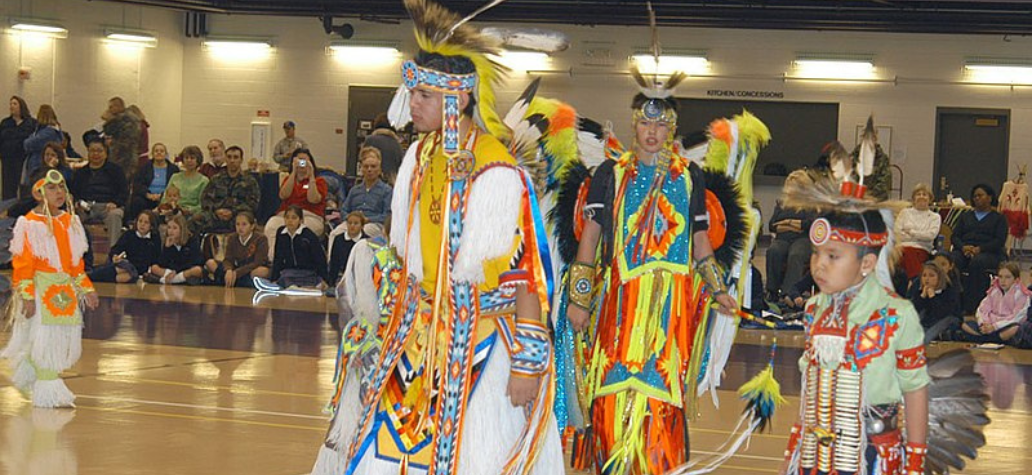Separate Studies to Explore Food Insecurity, Racial Wealth Gap
DENVER—The National Endowment for Financial Education® (NEFE®) continues to support projects that highlight the plight of underserved communities as part of their funding priorities. NEFE recently committed nearly $410,000 to two projects focusing on these populations, specifically college students who face food insecurity and Black adults who received financial education in high school.
“For years, we have been very purposeful in our stance that financial education isn't working unless it is working for everyone. Therefore, we must continue to explore how different populations have been impacted by existing policies. We look forward to the results of these studies on underserved populations, being led by thoughtful academics who have esteemed reputations for high-quality research.”
Billy Hensley, Ph.D., president and CEO of NEFE
“The Relationship Between Financial Literacy and College Basic Needs Insecurity” project will receive $100,000 to examine the 23% of U.S. college undergraduates who experience food insecurity and the eight percent of U.S. college undergraduates who experience homelessness. The project, led by Sara Goldrick-Rab, Ph.D., senior fellow at Education Northwest, explores the hypotheses that strengthening students’ financial knowledge might mitigate the effects of poverty and promote degree completion.
A team of educators—Carly Urban, Ph.D., professor of public economics at Montana State University; Melody Harvey, Ph.D., assistant professor in the department of consumer science at the University of Wisconsin-Madison; and Shogher Ohannessian, Ph.D., researcher in applied microeconomics and quantitative public policy at UCLA’s California Policy Lab—will use a $309,388 grant for their research project “Can Financial Education Reduce the White-Black Wealth Gap?” They will address whether high school financial education requirements affect the gap between financial outcomes of Black students compared to white students.
"We are so excited to take on this important work. The field has long wondered if financial education in high school equally lifts up all students. We are able to use rigorous research methods and big data to finally ask: do Black students and white students similarly benefit from financial education? And if not, we really want to know why—is it the curriculum itself or is it a lack of access to low-cost financial institutions? This work will be ambitious, and we are so happy NEFE is willing to be patient with our slow timeline so we can work towards a complete answer to this important question. It is this type of big-picture long-run work that really improves the field's ability to inform policy and practice," Urban says.
NEFE began awarding research grant funding in 2006 and has funded 44 projects, allocating over $6.7 million for rigorous, innovative and actionable research that increases the field’s body of knowledge, provides insight into financial behavior and contributes to a better understanding of effective educational practices.
The research community is one of many audiences NEFE is gearing its upcoming Financial Education Innovation and Impact Summit toward. The event will be held Oct. 8-10 in Denver and will include presentations on current and potential projects by researchers; results of recently completed projects; and the opportunity to collaborate and network with financial education and financial well-being stakeholders.
Read more on NEFE’s research funding priorities and strategy.

